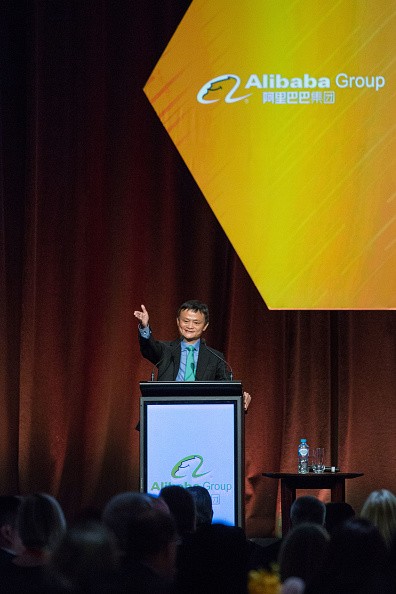The opening of Alibaba's first official headquarters in Melbourne early this year is expected to boost the efforts of Australian brands in promoting their products to Chinese consumers.
An article in campaignasia.com said that Alibaba's entry into Australia, which started last year with TMall Global working with Woolworths and Chemist Warehouse, has already produced results.
At last year's Singles Day event, Chemist Warehouse was able to sell about $2 million worth of goods in the first 13 minutes of the event.
Currently, there are about 1,500 Australian brands that operate a store on TMall China and TMall Global. Australia is also one of the top 5 countries selling on Alibaba's platform.
With Alibaba's presence, Australia brands expect to have a more streamlined process in dealing with Chinese consumers and make it easier for them to sell and distribute their brands in China.
Through the use of Alibaba infrastructure, both the Australian market and the Chinese customers can benefit from the improved shopping experience as logistics and delivery problems will be addressed.
The e-commerce giant continues to build strategic partnerships to improve on its logistics infrastructure and the overall process.
Recently, Alibaba signed a deal with Australia Post which was aimed at providing better delivery of products to its consumers.
According to the report, smaller brands can benefit from the presence of the Alibaba headquarters in Australia, which can provide help in navigating the Chinese market as well as get support from them.
The local office can also help Australian TMall Partners and smaller brands through their staff, who can guide them every step of the way.
Despite the presence of an Alibaba headquarters, Australian brands may still have to invest and work on building awareness for their products or services, the report said.
Entering the Chinese market is tough competition as there are currently 14,000 international brands on TMall Global, including giants such as Costco and Macy's. In addition, Australian brands have to contend with competitors from other countries such as the U.S., the EU, Japan and South Korea.
But Australian brands, which Chinese consumers associate with nature and health, can leverage on the positive image to make it work to their advantage.



























